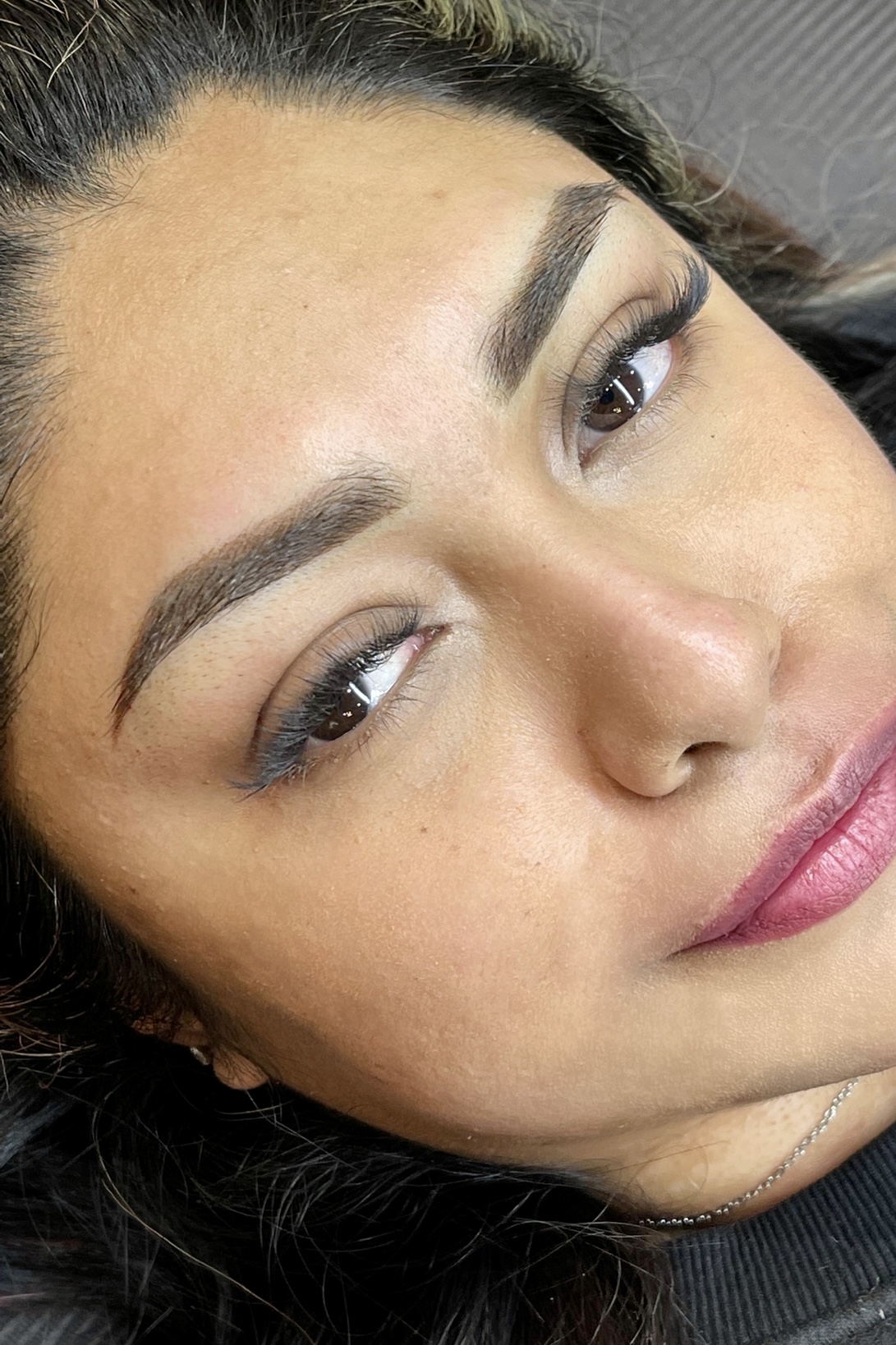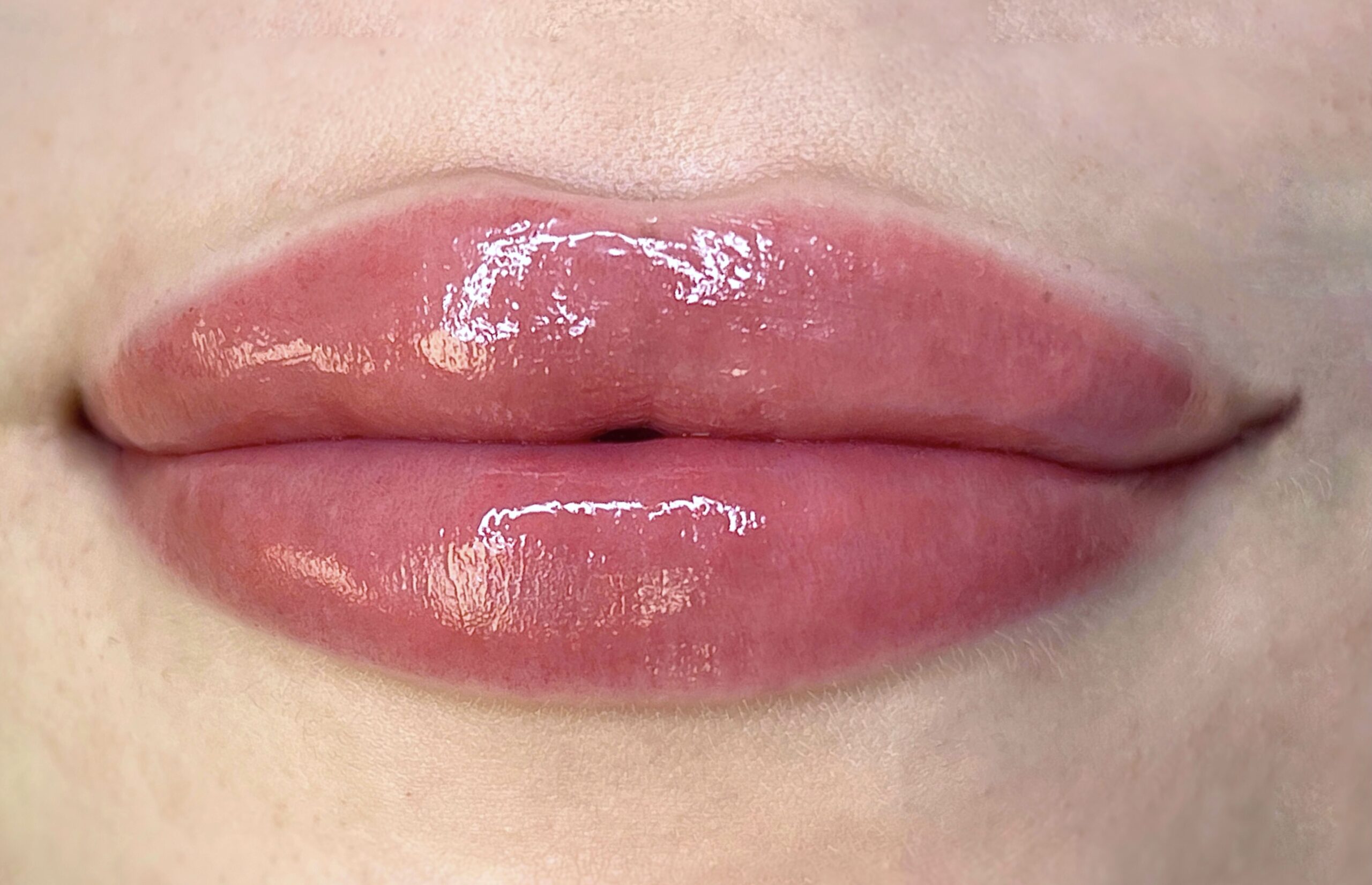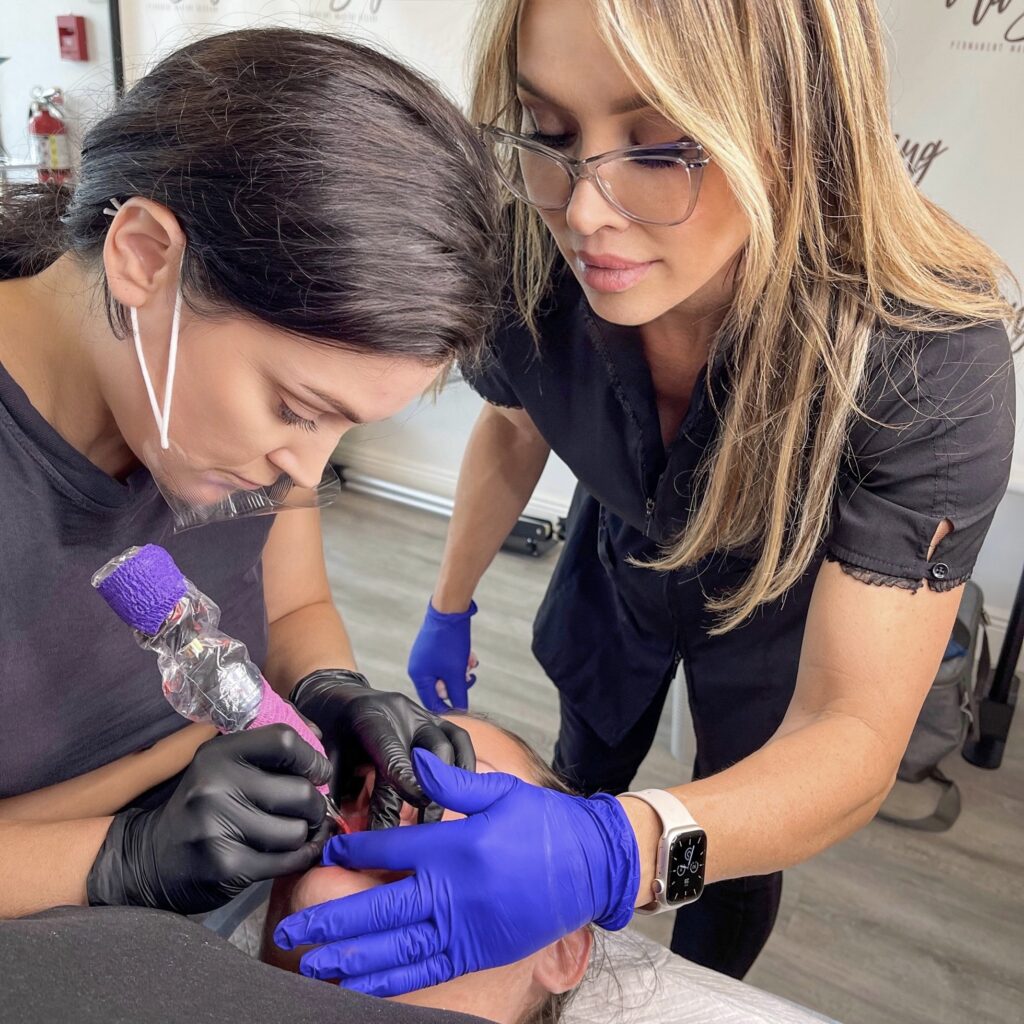Permanent makeup (PMU) has quickly gained popularity in recent years among beauty enthusiasts and artists who want a stable and profitable career. If you want to become a PMU artist, one of the most essential permanent makeup tips you should remember is to always observe proper hygiene.
Good hygiene promotes client safety.
Permanent makeup involves tattooing pigment into the skin on facial features like eyebrows, lips, cheeks, and eyelashes. The goal is to enhance these features so that a person can look more beautiful without wearing much or any makeup. This way, one can save time and effort on daily makeup routines.
However, because PMU procedures involve puncturing the skin with tattoo needles, artists must be extra mindful of their clients’ safety. You must prioritize safety measures and proper hygiene before, during, and after every procedure for the following reasons:
- Reducing the risk of diseases and infections. Tattooing can cause micro-traumas on the skin. If you don’t observe proper hygiene, bacteria, viruses, and other disease-causing microorganisms can enter these little cuts and put your client’s health at serious risk.
- Preventing allergic reactions. Some clients may have adverse reactions to specific ingredients in certain PMU pigments. Proper hygiene prevents cross-contamination of these ingredients and helps you avoid allergic reactions in sensitive clients.
- Avoiding potential lawsuits. As a professional PMU artist, you are responsible for your client’s safety and well-being during procedures. If you neglect proper hygiene and a client develops an infection or disease, you may face legal ramifications that could damage your reputation and career.
Hygiene and safety are so important that they’re discussed in practically all permanent makeup programs. Remembering these PMU training tips is critical to your success as a permanent makeup artist.
A guide for permanent makeup safety and hygiene
Good PMU hygiene goes beyond just cleaning your tools and workspace. It encompasses a holistic approach to maintaining cleanliness, sanitation, and sterility throughout the PMU procedure. Here are some permanent makeup tips you should follow to ensure proper hygiene and client safety:
- Sanitize tools and equipment thoroughly before each treatment using the appropriate sterilization method.
- Use disposable items, such as single-use needles and pigment cups, and never reuse them for succeeding procedures.
- Avoid using expired or low-quality products to prevent adverse reactions in clients.
- Make it a habit to check PMU products regularly to ensure they have not expired and are safe for use.
- Use gloves during the procedure to avoid direct contact with the client’s skin and prevent cross-contamination. Wear mouth coverings and face masks to protect yourself and your clients from airborne particles.
- Cleanse the client’s skin using an antiseptic solution before starting the procedure. This measure removes dirt, oils, and bacteria on the skin’s surface that could interfere with proper pigment absorption or cause infections.
- Complete a Blood-Borne Pathogens course approved by your state. This course teaches you about communicable diseases and how you can help prevent them from spreading.
- Educate clients on proper aftercare instructions to minimize the risk of infection or complications. These steps include avoiding touching the treated area and keeping the site dry and clean.
By following these permanent makeup tips for hygiene and safety, you ensure your clients’ well-being and promote a positive reputation for yourself as a professional PMU artist.
Client safety and proper hygiene are crucial permanent makeup tips you will learn during your training as a PMU artist. To ensure you receive the best training possible, you should study under reputable providers like Avarte. At Avarte, you will find online courses on the latest PMU tools, techniques, and best practices delivered by certified PMU professionals with years of experience in the business. Learn at Avarte today!




